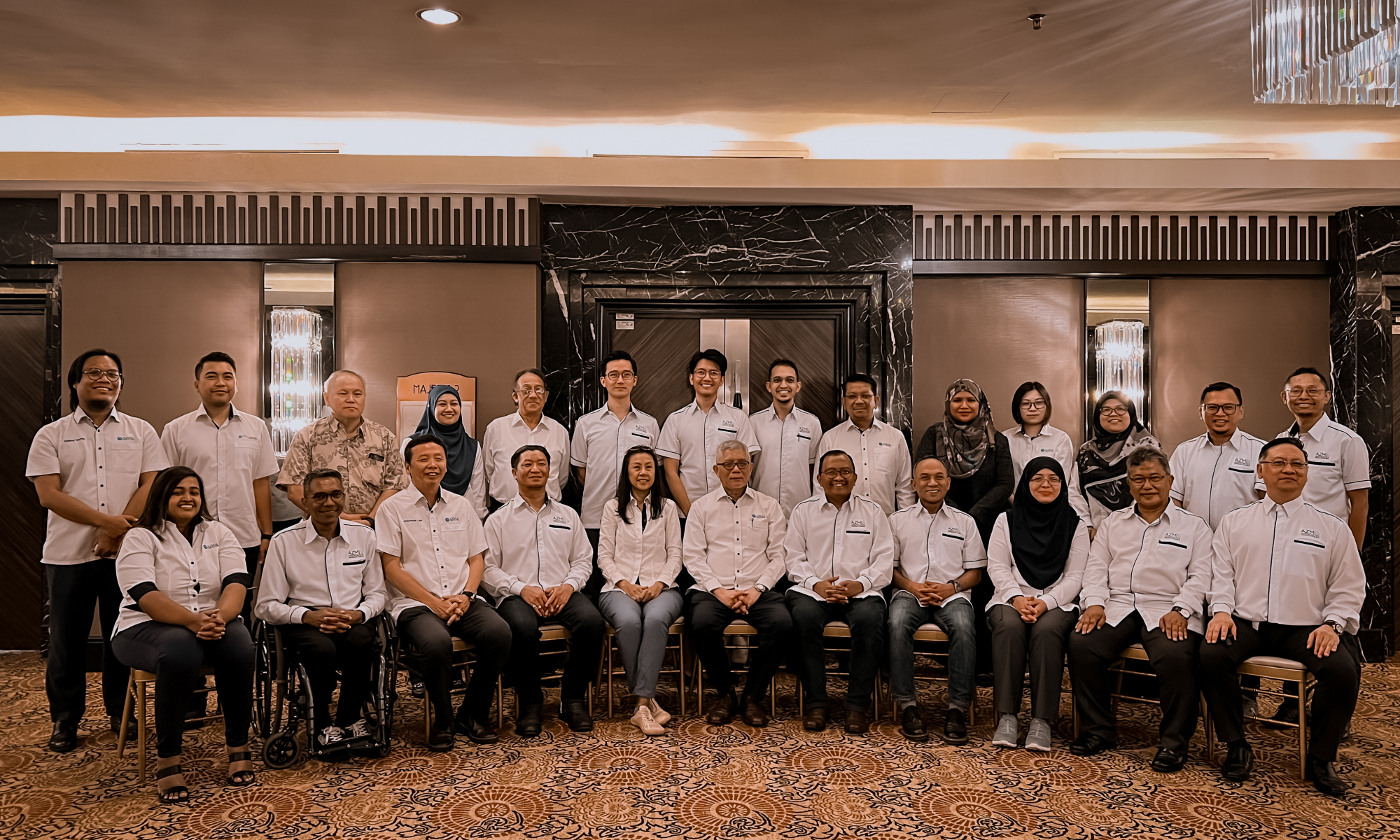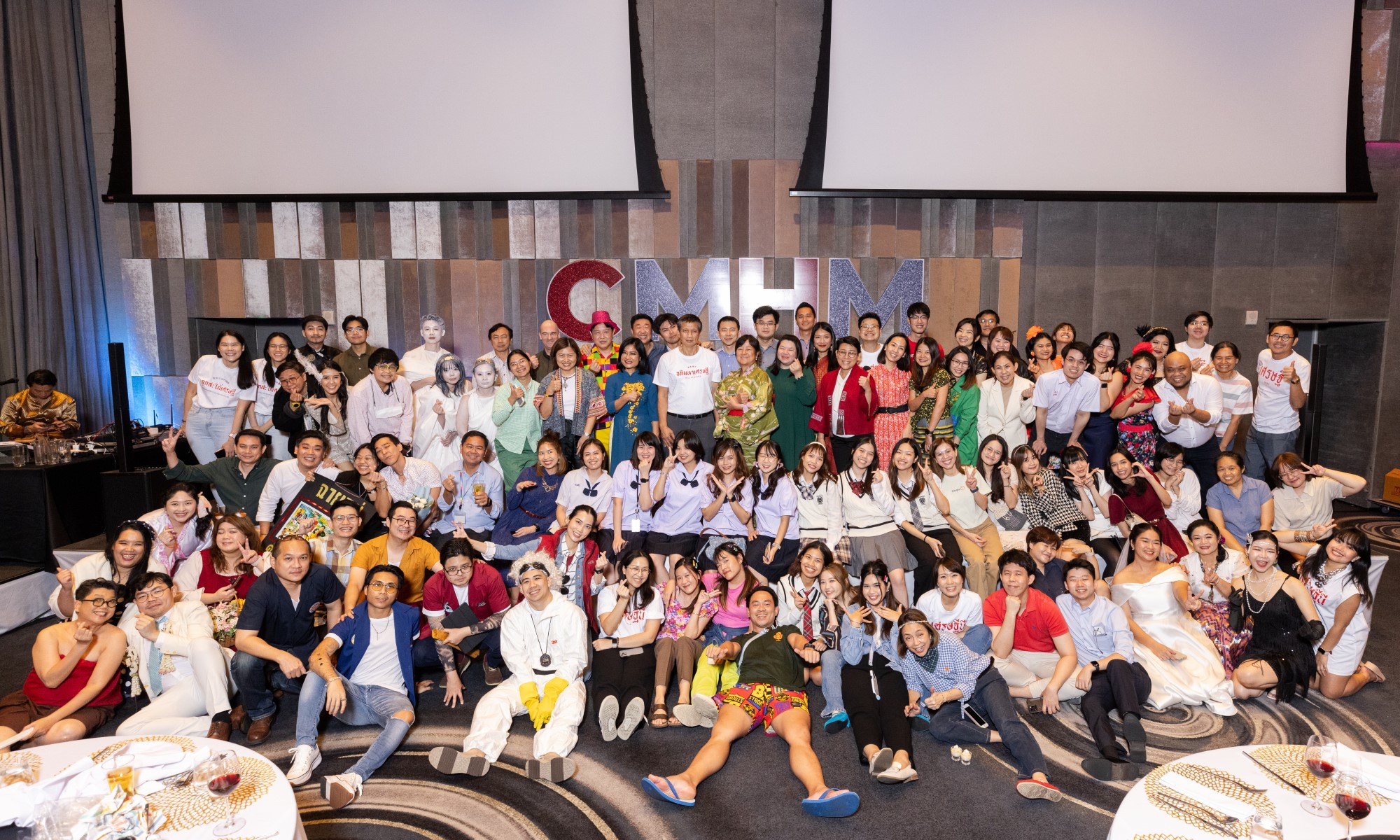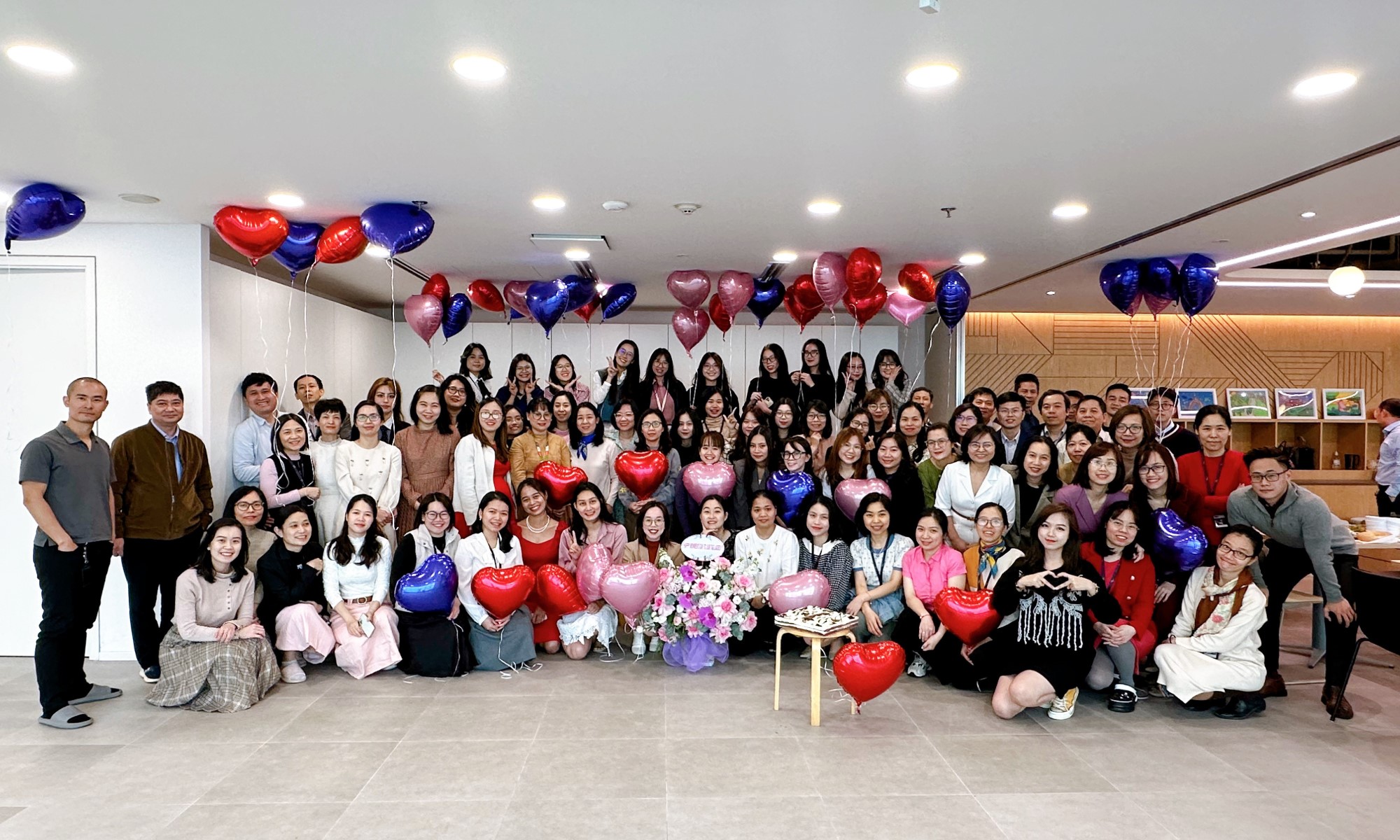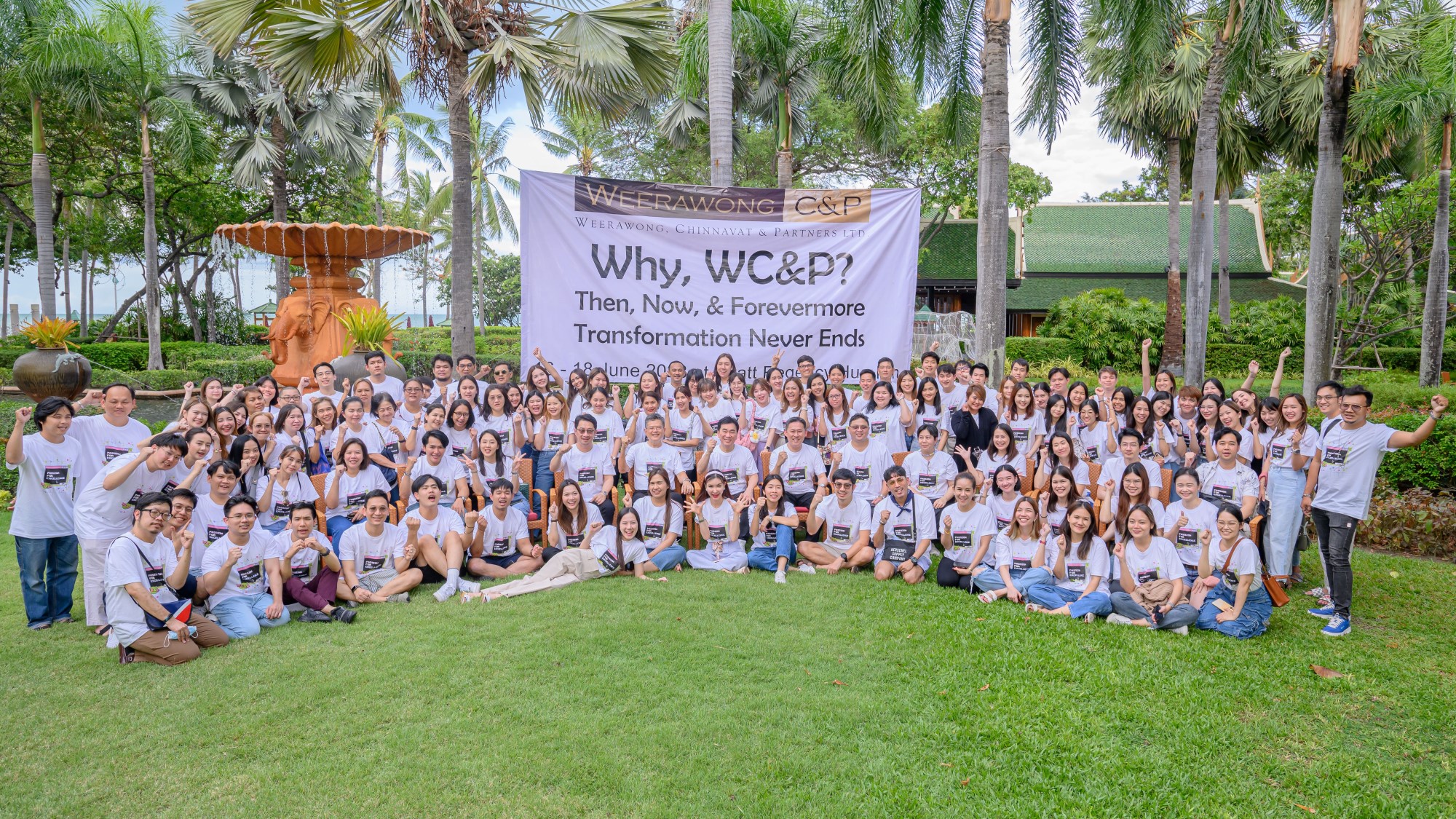
Law firms featured (in alphabatical order): Azmi & Associates, Chandler MHM, Drew & Napier, Tilleke & Gibbins, Weerawong C&P
Around a year ago, law firms were already grappling with the challenge of keeping their members, particularly the younger generation, engaged, motivated, and committed. However, the advent of a groundbreaking new technology, in the form of generative artificial intelligence (Gen AI), has added another significant variable, presenting both risks and opportunities. Some of Asia’s best law firms to work for say that while it will be important to integrate Gen AI in a safe and impactful manner, effective talent retention is rooted in a human-centric approach that prioritises care, understanding, and communication.
The legal industry is being roiled by a new wave of technological disruptions, prompting a fundamental reckoning for law firm leaders on operational models, management style, and talent strategy.
With operational systems utilising generative artificial intelligence (Gen AI) promising to reset a profession known for its loyalty to customs, the legal marketplace has been bracing for a potential sea-change in the delivery, pricing, and execution of services.
In a survey conducted by the Thomson Reuters Institute in March, 82 per cent of large and midsize firms in the United States, UK, and Canada surveyed believed that ChatGPT and generative AI can be readily applied to legal work; and a slightly smaller majority (51 per cent) said that ChatGPT and generative AI should be applied to legal work.
However, as law firm leaders contemplate a significant boost in productivity in the era of Gen AI, they are also confronted with a crisis in morale amongst employees worried by Gen AI’s potential to do their job – and do it better.
“The change to a more technology-based platform means rethinking processes and the role of legal advisors in supporting clients. Management needs to lead by example and understand that there can be resistance to change, especially in an environment which is more traditional in nature,” says Jessada Sawatdipong, co-managing partner at Chandler MHM in Thailand.
The rapidly evolving technology can not only automate routine tasks but is also capable of creating content and synthesising ideas. This development puts entry-level knowledge work, which younger lawyers traditionally use to hone their professional skills, within reach of a single click. As a result, junior lawyers may face challenges in gaining practical experience through conventional means.
As such, the seismic shift has prompted law firms across Asia to proactively cultivate a technology-savvy workplace that will not only ensure the delivery of high-standard services but also empower their talent to stay at the cutting edge of the technological revolution.
AI-POWERED TALENT
Jessada touts the development of Gen AI as a positive one in providing lawyers with sophisticated tools to reduce routine work to deliver a more cost-effective and sophisticated service to clients.
“Our wider firm has already adopted a number of AI-powered tools and is constantly exploring and evaluating the potential use of new generative AI tools which would improve the working life of our lawyers and the quality and the speed of the services we provide to clients,” adds Jessada.
Another leading law firm in Thailand, Tilleke & Gibbins, also views Gen AI as a partner in progress in complementing human skills and adding efficiency and value to their clients. Co-managing partner Tiziana Sucharitkul says the firm has been steadily integrating AI tools into their workflow and processes, including using AI tools for routine tasks.
“This type of incorporation frees up time for team members to focus on and hone their skills in complex problem-solving and strategic thinking, which are essential for their professional growth and performance,” says Tiziana.

“We firmly believe that by embracing the technological revolution and empowering our exceptional team, we can continue to deliver exceptional results and exceed the expectations of our clients and stakeholders.”
- Dato’ Azmi Mohd Ali, Azmi & Associates
Malaysia-based Azmi & Associates has invested in “state-of-the-art AI technologies and platforms” that augment the team's efficiency, streamline workflows, and facilitate data-driven decision-making.
“We firmly believe that by embracing the technological revolution and empowering our exceptional team, we can continue to deliver exceptional results and exceed the expectations of our clients and stakeholders,” says Dato’ Azmi Mohd Ali, senior partner at Azmi & Associates.
Apart from easing the burden of grunt work on lawyers, AI has also been directly incorporated into some law firms’ talent development strategy altogether in order to nurture a new generation of tech-savvy lawyers.
Azmi & Associates has provided comprehensive training and upskilling opportunities to team members to leverage AI tools effectively in their daily work. “Through targeted training programs, workshops, and seminars, we empower our team members to enhance their digital literacy, adapt to emerging technologies, and leverage innovative solutions to deliver exceptional client service,” says Dato’ Azmi.
“By fostering a culture of innovation and embracing AI as a strategic asset, we empower our talent to harness the full potential of technology while preserving the human touch and expertise that define our firm's distinctive value proposition,” he adds.
Notes Tiziana of Tilleke & Gibbins: “We are also actively engaging our team in the development and oversight of AI deployment, fostering a collaborative environment where technology is a support for human expertise rather than a substitute for it.”
In order to improve the AI- and digital literacy of legal talent more effectively, Sunyaluck Chaikajornwat, managing partner at Weerawong C&P in Thailand, believes it’s essential to encourage and promote collaboration between legal practitioners and in-house technology experts.
“We foster collaboration between our legal professionals and AI developers to ensure that AI tools complement and enhance our talent's capabilities rather than replace them. By embracing AI as a valuable tool, we empower our talent to deliver higher quality and more efficient legal services,” says Sunyaluck.
Chandler MHM’s Jessada thinks the collaboration between law firm technology departments and management is equally important in fostering an AI-powered workplace.
“Management needs to be open-minded to suggestions on how tech tools can be deployed within the firm. Having the support of an experienced IT department (technology support team) is important as IT professionals can assist management in evaluating the pros and cons of different technologies as well as helping with deployment,” says Jessada.
Moreover, “Having a committee of more technologically minded lawyers to advise management can also support the decision-making process to ensure the appropriate adoption of new technologies,” notes Jessada, adding that input from a firm’s specialist departments, including knowledge management, human resources, accounts, and business development can support management in the deployment of tech tools.
Tiziana agrees that “demystifying tech advancements” is important to ensure that the in-house IT team, other operations professionals, and lawyers can integrate new tools seamlessly into their daily operations. “This approach not only enhances efficiency but also enriches the client experience, as our team is able to utilise cutting-edge solutions to deliver superior legal services,” she says.
HUMAN-CENTRIC
Despite rapid advances in technology and AI and the enormous benefits it might boast for legal work, Singapore Big Four Drew & Napier still regards its lawyers as their “most important assets”.
Adam Maniam, a dispute resolution director and deputy head of criminal law practice, underscores the “infectious culture” at the firm that helps build a loyal team.
“Many of our lawyers are ex-interns who spent four weeks with us as an intern and got exposed to what Drew & Napier lawyers do, and how we do it, and have decided that this is how they would like to practise law. After they join us, many have stayed with us for many years because they continue to want to be part of this culture. The same applies to our other staff, some of whom have been with the firm for more than 30 years,” says Maniam.
Jessada of Chandler MHM recognises the vital role workplace culture plays in turbocharging productivity while protecting the mental well-being of employees. “The management team at Chandler MHM is creating a workplace culture which is professional, collaborative, open and supportive. By working together in a supportive manner, we can foster an environment which supports good mental health,” he says.
Tilleke & Gibbins is also dedicated to fostering a culture that prioritises the mental wellness of their team. “We believe that by nurturing an atmosphere of respect and understanding, we can create a supportive environment that naturally enhances productivity and mental health,” says co-managing partner Darani Vachanavuttivong.
Darani adds that this is a philosophy embedded in the firm’s daily operations and management approach. “We also regularly host workshops and other opportunities for everyone in our team to learn new ways to optimise both on-the-job productivity and their personal lives, such as financial planning, health, and wellness,” she notes.
Weerawong C&P seeks to protect its employees’ mental well-being by offering health support programmes, such as counselling services and wellness initiatives, which aim to create a supportive work environment that promotes both productivity and mental wellness, according to Sunyaluck.
Law firm leaders are also cognizant of the positive impact that flexible working arrangements have on employee morale and mental fitness, a practice that has endured the pandemic time and has gradually become new normal for corporations.
Weerawong C&P has been implementing flexible work arrangements to accommodate the diverse needs of its talent, including remote work options and relatively flexible scheduling. Tilleke & Gibbins also has flexible work arrangements in place to help team members manage their busy lives. Azmi & Associates encourages its employees to take advantage of the firm’s flexible working offerings, including remote work options and flexible scheduling, to accommodate their individual needs and obligations.
At Drew & Napier, all employees can opt to work from home. “Senior lawyers are mindful that legal work can be unrelenting and having flexible work arrangements and very generous leave entitlement go a long way towards keeping the morale in the firm high,” says Maniam.
In addition, there’s a dedicated team of lawyers who organise social events several times a year to increase the camaraderie within the firm, he adds.
While acknowledging the advantages of a flexible working environment, Chandler MHM’s Jessada also underscores the benefits of in-office interaction, which he says facilitates communication, mentoring and support. Social interaction at work is also important for creating a sense of community and strengthening bonds between employees, says Jessada.
STEPPING UP THE GAME
The legal markets in Asia are currently experiencing significant volatility, compounded by younger professionals embracing a renewed outlook on work, and intensifying competition from non-traditional legal service providers vying for market share. In this dynamic landscape, law firm leaders must heighten their efforts in the ongoing battle to attract and retain top talent.
“The biggest challenges in attracting and retaining talent for law firms today include intense competition from other firms, evolving career expectations of younger generations, and the demand for a better work-life balance,” says Sunyaluck at Weerawong C&P.
Adds Jessada at Chandler MHM, “The legal market is one which is highly competitive and reliant on having the best talent. There has also been significant growth in alternative legal service providers and in-house legal teams.”

“Law firm management needs to adopt a leadership approach, which means empowering and mentoring top talent to grow. Management must have good listening skills and open communication with their top talent. In a volatile legal market, it is also important to be open-minded and adaptable to change.”
- Jessada Sawatdipong, Chandler MHM
To win over the best legal minds amid these challenging conditions, a firm itself needs to, first and foremost, be resilient, trustworthy, and attentive.
“The firm’s reputation in the market as a commercially successful leading law firm and a great place to work is very important,” says Jessada. “Law firm management needs to adopt a leadership approach, which means empowering and mentoring top talent to grow. Management must have good listening skills and open communication with their top talent. In a volatile legal market, it is also important to be open-minded and adaptable to change.”

“Transparency and open communication are essential. We strive to maintain an environment where feedback is encouraged and acted upon, creating a trust-based relationship with our team. This approach helps align individual goals with the firm’s objectives, ensuring that our top talent feels engaged and integral to our collective success."
- Darani Vachanavuttivong, Tilleke & Gibbins
Tilleke & Gibbins believes management needs to lead by example to demonstrate a commitment to adaptability and a willingness to embrace change, while at the same time being steady and reliable.
Furthermore, “Transparency and open communication are essential. We strive to maintain an environment where feedback is encouraged and acted upon, creating a trust-based relationship with our team. This approach helps align individual goals with the firm’s objectives, ensuring that our top talent feels engaged and integral to our collective success,” adds Darani.

“Management should prioritise mentorship and career advancement opportunities to help lawyers reach their full potential. By demonstrating a commitment to the well-being and professional growth of their talent, law firm management can effectively retain top performers amidst market uncertainties.”
- Sunyaluck Chaikajornwat, Weerawong C&P
Sunyaluck agrees that adaptability, resilience, and strong leadership are needed from law firm management to foster open communication, transparency, and trust within the organisation to retain top talent in today’s fast-moving legal marketplace.
Additionally, “Management should prioritise mentorship and career advancement opportunities to help lawyers reach their full potential. By demonstrating a commitment to the well-being and professional growth of their talent, law firm management can effectively retain top performers amidst market uncertainties,” adds Sunyaluck.

“The team structure provides an excellent platform for team leaders to monitor their lawyers’ workloads, professional development and even their well-being and mental health, all of which contribute to happier and better lawyers. The team system also means that our trainees and junior lawyers frequently work directly with their team leaders, which appeals to many young lawyers.”
- Adam Maniam, Drew & Napier
A well-functioning mentorship programme is also the secret weapon of Drew & Napier in keeping exceptional young talent. Maniam says the firm’s “team-based” system has made it stand out amongst major competitors in Singapore. Under the system, young lawyers will join a team led by a senior lawyer and predominantly work with the team leader and other lawyers of varying seniority within the team.
“The team structure provides an excellent platform for team leaders to monitor their lawyers’ workloads, professional development and even their well-being and mental health, all of which contribute to happier and better lawyers. The team system also means that our trainees and junior lawyers frequently work directly with their team leaders, which appeals to many young lawyers,” explains Maniam.
“At the same time, the firm truly has an open-door policy. Senior lawyers are always happy to share views with junior lawyers who need advice. Having access to hundreds of top-tier lawyers whom you can speak to any time is powerful,” he adds.
Azmi & Associates also adopts a culture of collaboration and knowledge-sharing amongst its lawyers, where the more seasoned professionals mentor and guide junior colleagues in embracing digital tools and best practices.
Jessada concurs that providing junior lawyers with effective mentoring and training will enable them to quickly learn and grow. Constructive feedback combined with appropriate rewards and recognition is also important.
“Some of the expectations that employees have will be consistent over time, such as opportunities for career progression, competitive compensation, and a supportive and professional working environment. Firms that cannot genuinely offer these are going to find attracting the best talent challenging,” he adds.
To meet these standards, Tilleke & Gibbins has placed a strong focus on recognising and rewarding individual achievements and fostering a culture and community that celebrates diversity and inclusion. “By aligning our firm’s values with the unique aspirations of all our employees, we aim to not only attract but also inspire and retain the best in the field,” adds Tiziana.
Drew & Napier, on the other hand, prizes the shared dedication to its clients as the strongest glue that bonds the firm together.
“Our client’s cases are pushed to the limits, within the confines of law and ethics. Facts and laws are always thoroughly interrogated for every case, big or small. Our client’s problems are our problems, and we are always there for them, no matter what and no matter when. It is exciting to pursue excellence in every case,” says Maniam.
|
ALB EMPLOYER OF CHOICE 2024 |
|
|
HONG KONG |
INDIA |
|
Eric Chow & Co Mayer Brown Oldham, Li & Nie Rita Ku & Ser Tanner De Witt |
Dua Associates JSA Pioneer Legal Singhania & Partners Tatva Legal, Hyderabad |
|
INDONESIA |
JAPAN |
|
ABNR - Counsellors at Law ARMA Law Assegaf Hamzah & Partners HHP Law Firm UMBRA |
Atsumi & Sakai Mayer Brown Nagashima Ohno & Tsunematsu |
|
MALAYSIA |
PHILIPPINES |
|
Azmi & Associates Mahwengkwai & Associates Shu Yin, Teh & Taing |
Cruz Marcelo & Tenefrancia DivinaLaw Quisumbing Torres V&A Law |
|
SINGAPORE |
SOUTH KOREA |
|
Dentons Rodyk Drew & Napier Eng and Co Helmsman Mayer Brown PK Wong & Nair |
Bae, Kim & Lee Kim & Chang Yulchon |
|
THAILAND |
JAPAN |
|
Chandler MHM Tilleke & Gibbins Weerawong C&P |
Dentons LuatViet LNT & Partners Tilleke & Gibbins |


